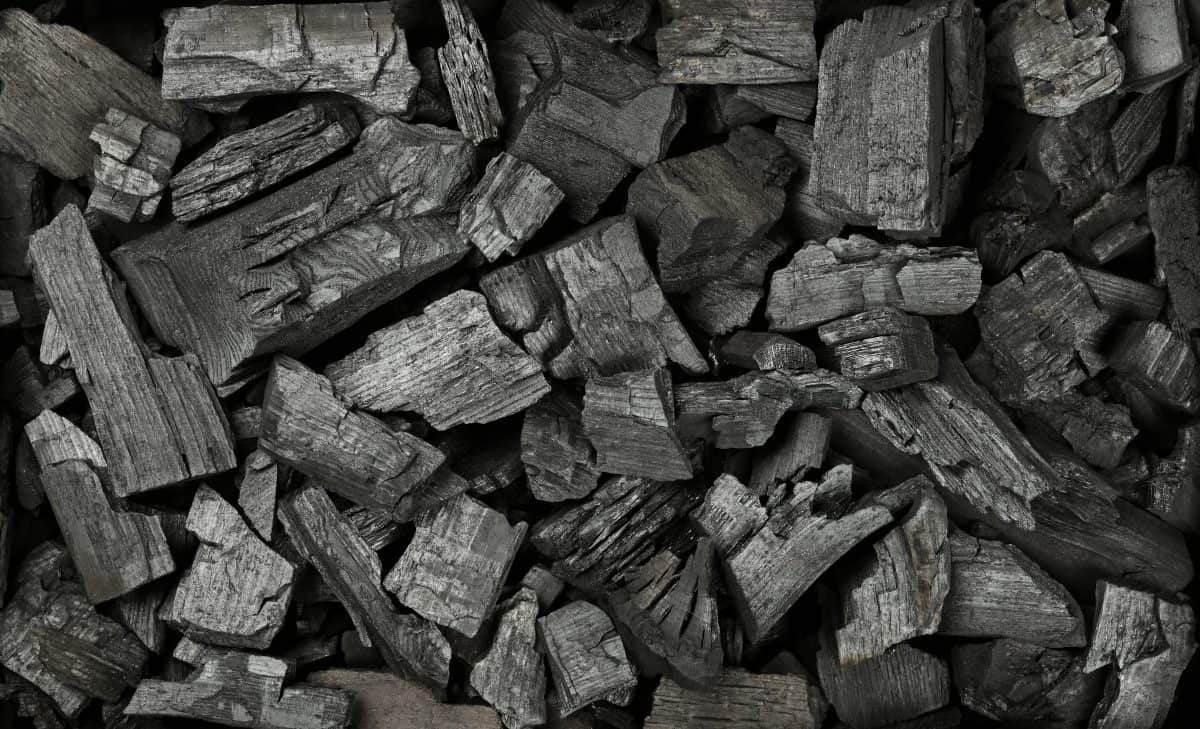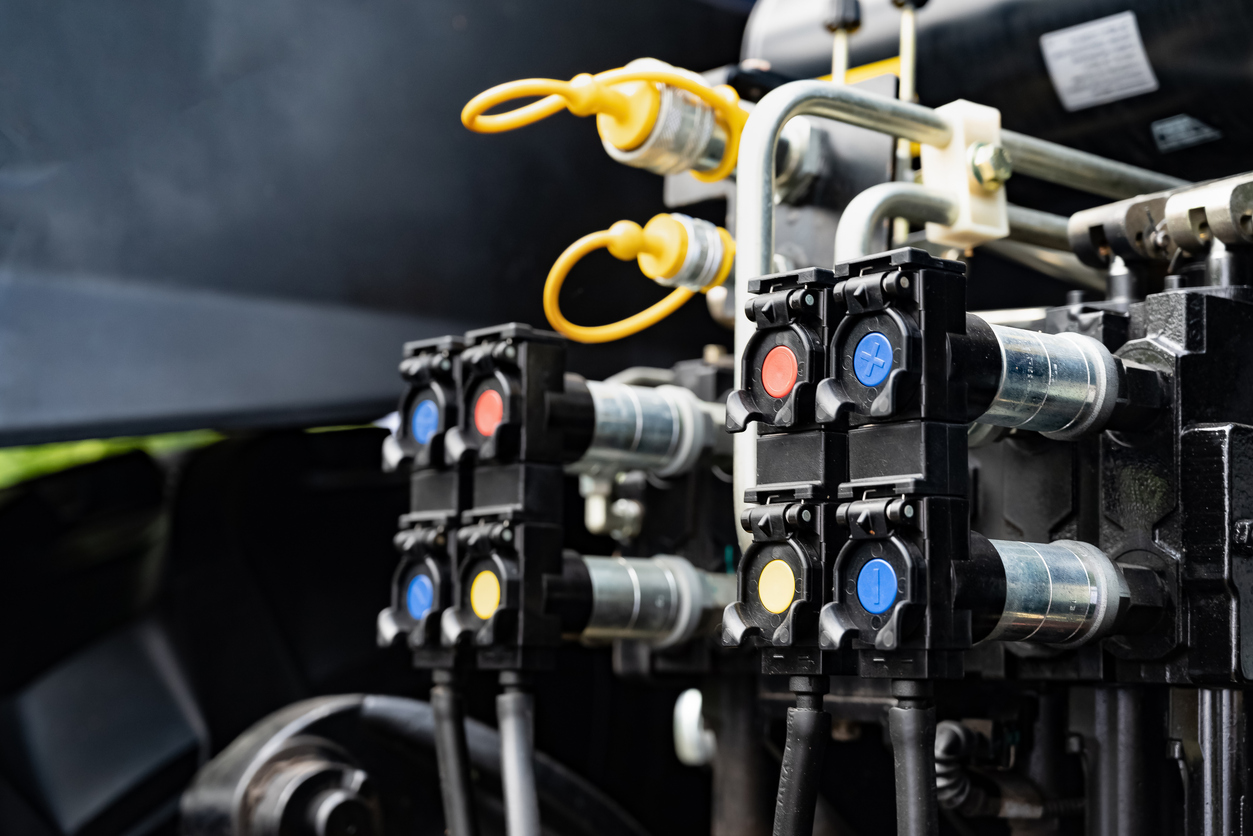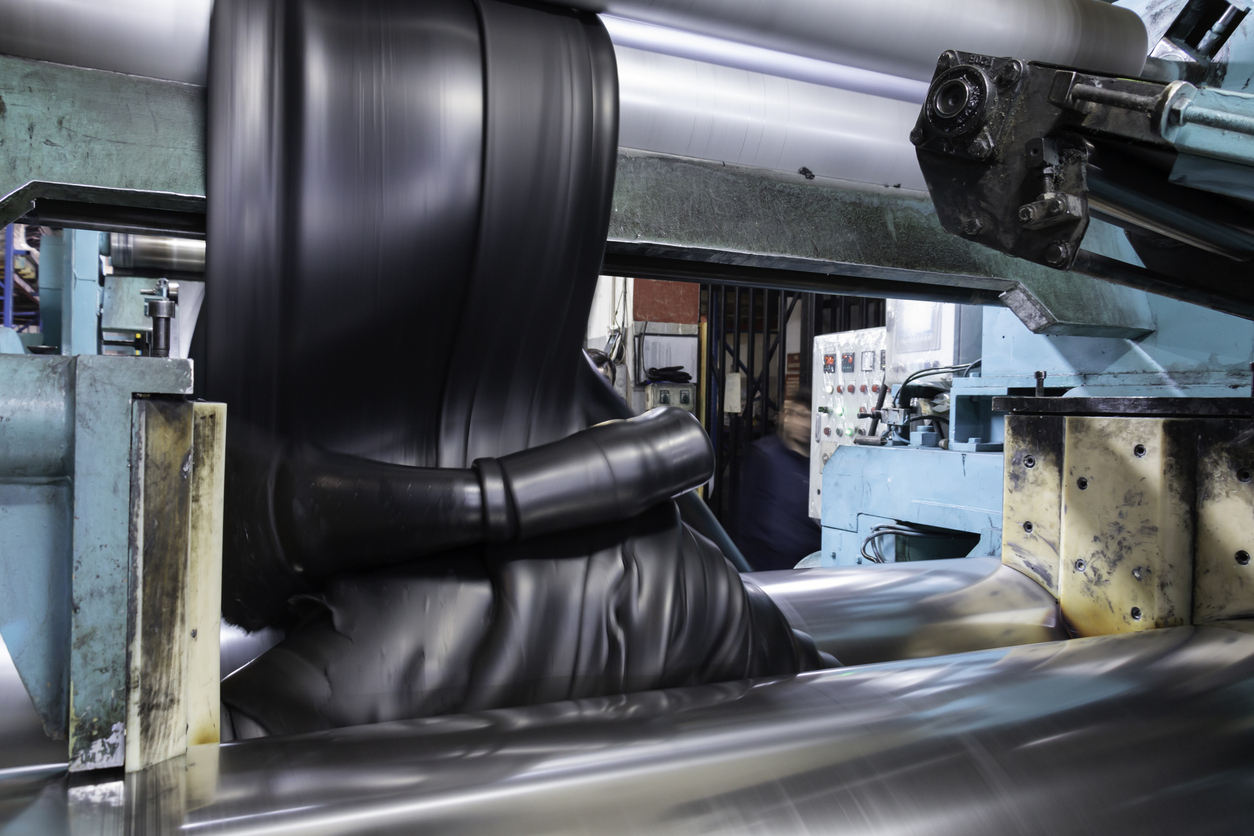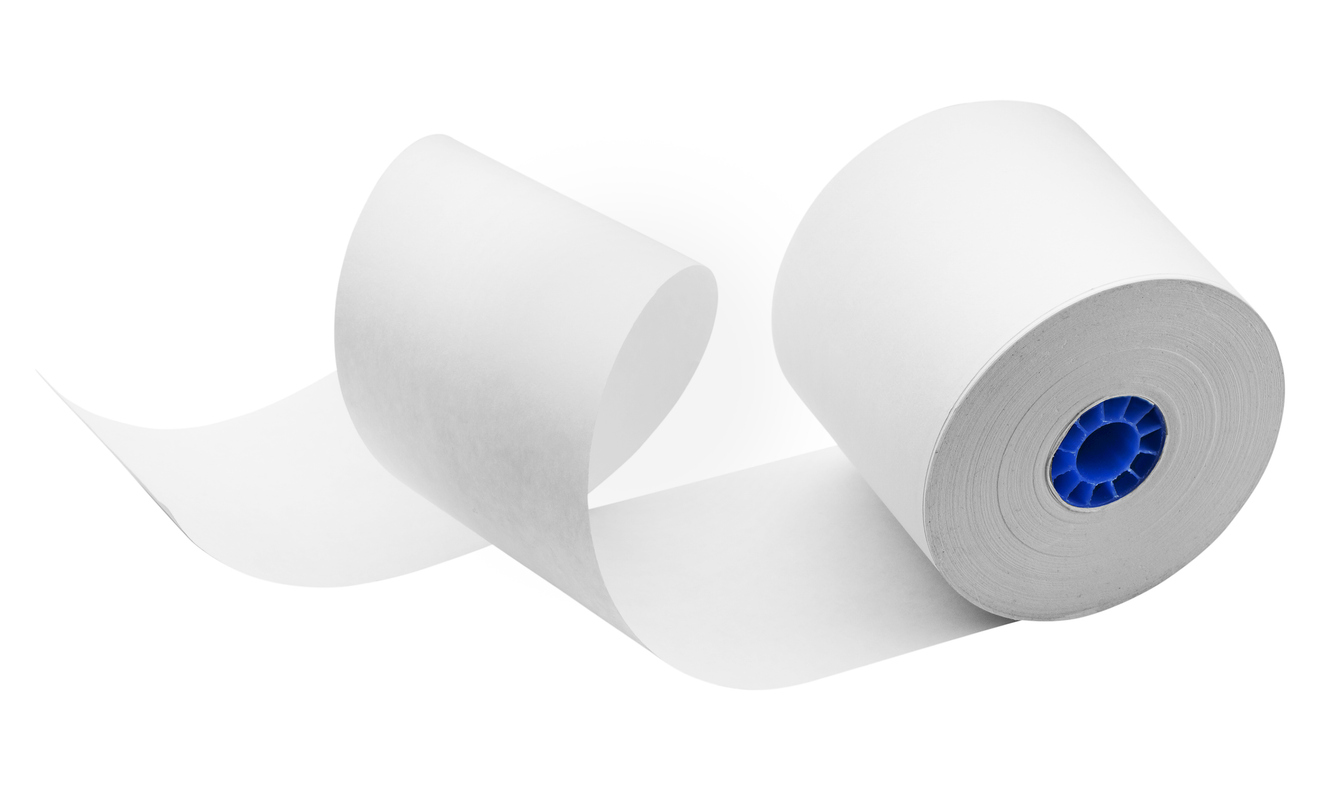How To Export Coal Tar Oil From Nigeria: The Best Guide For Foreign Investors
How To Export Coal Tar Oil From Nigeria: The Best Guide For Foreign Investors
With the oil production in Nigeria on the decline, many are looking at the coal tar as an alternative fuel. Coal tar is similar to crude oil, but it’s cheaper and easier to extract. The government has been trying hard to attract foreign investors so they can start exporting this resource. But with so many things to consider before investing in Nigeria, what does one need to know? This post will give you all the information that you need about coal tar and how it can be exported for profit.
Where is coal tar oil found in Nigeria?
Nigeria is the 4th largest oil producer in the world, but their production is declining. The country is looking for new ways to produce fuel and has turned to coal tar as an alternative. Coal tar is a by-product of coal and can be found in coal mines all over Nigeria. Nigeria has been trying to attract foreign investors to help them export coal tar for profit. But how can you ensure your investment will be successful?
Coal tar is a by-fact of coal and can be found in coal mines all over Nigeria. It’s much cheaper and easier to extract than crude oil, and the government has been trying hard to attract foreign investors to help them export this resource.
There are a lot of factors that could affect whether or not investing in Nigeria is a viable choice for you. These could include the country’s unstable political climate, the country’s history of corruption, and the country’s “real” worth. As such, it’s crucial that you evaluate the risks before investing in Nigeria.
The government has been trying hard to attract foreign investors so they can start exporting this resource. But with so many things to consider before investing in Nigeria, what does one need
What are the investments required to export coal tar oil from Nigeria?
The first thing you need to think about before investing in Nigeria is what kind of investments are required. Foreign investors are required to spend at least $200,000 in Nigeria or provide an equivalent amount of goods. If the investment is in the form of goods, then you must provide goods worth at least $200,000.
The coal tar is best extracted in the Niger Delta region, but the investment also needs to be made in this region. You can’t make an investment in the coal tar extraction industry in Nigeria and extract the coal tar elsewhere.
To make sure your investment is profitable, it’s best to make your initial investment in Nigeria. If you plan on providing goods rather than money, you’ll have to wait until after you’ve produced the goods before you can sell them.
If you have any other questions about investments, don’t hesitate to reach out to the Nigerian government.
Who are the people driving coal tar production in Nigeria?
The government of Nigeria has been trying to attract foreign investors to extract coal tar oil from the country. Nigeria has over 60 billion tonnes of coal, which is the second-largest reserve in the world. Coal tar is similar to crude oil, but it’s cheaper and easier to extract.
Nigeria’s coal-to-liquid (CTL) plant is one of the largest and best-known in the world and has been operating for over 20 years. It’s capable of producing up to one million barrels of oil per day, although it’s currently running at a much lower capacity.
The country has been trying hard to attract foreign investors so they can start exporting this resource. But with so many things to consider before investing in Nigeria, what does one need to know?
This post will give you all the information that you need about coal tar and how it can be exported for profit.
* Be aware that the country has a poor history with investor relations and may not be worth the risk if you’re just starting out as an investor.
* You should also make sure that you have a thorough understanding of what you’ll be investing in before signing
How does coal tar compare to crude oil?
Nigeria is rich in coal, which is used in the production of coal tar. With the oil production in Nigeria on the decline, many are looking at the coal tar as an alternative fuel. Coal tar is similar to crude oil, but it’s cheaper and easier to extract.
The government has been trying hard to attract foreign investors so they can start exporting this resource. But with so many things to consider before investing in Nigeria, what does one need to know?
What is Coal Tar?
Coal tar is a thick, black liquid that’s derived from coal during the process of heating coal in the absence of air. It has high levels of sulfur, nitrogen, and heavy metals like mercury, arsenic, and selenium.
How does Coal Tar compare to Crude Oil?
When it comes to the production of energy, coal tar is more useful than crude oil because of its high sulfur content. It’s also easier to extract coal tar than crude oil because it’s more viscous.
But coal tar has a lower heating value than crude oil, which means you get less energy for your dollar.
What are the risks of investing in Nigeria?
Nigeria does not have
What are the best places for investment in Nigeria?
Nigeria is the most populous country in Africa. With a population of more than 180 million, there is a high demand for energy. Nigeria is the largest exporter of oil in Africa, but its production has been declining. The government has been trying hard to attract foreign investors so that they can start exporting coal tar oil.
If you are looking to invest in Nigeria, there are many different locations that are good for investment. The military has set up an environment that encourages foreign investment. Nigeria has a very low rate of corporation tax for foreign investors, which makes it attractive for those looking to invest in coal tar in Nigeria in order to export coal tar oil.
Export coal tar in Nigeria can be profitable, but you have to do your research. There are many different factors to consider before investing in Nigeria, including political stability, corruption, and the ability to export coal tar oil.
Conclusion
The government has been trying to attract more foreign investors to invest in Nigeria and extract coal tar. Investors need to know that this is the best time to invest in Nigeria and that they will not regret their decision. Coal tar is a great alternative to oil and it would be a wise investment. It’s also worth mentioning that this resource is not just for export, it can also be used as an alternative fuel for use in Nigeria. If you’re a business owner looking for a way to grow your company, this is the perfect opportunity.
If you’re a business owner looking for a way to grow your company, this is the perfect opportunity. If you’re interested in investing in Nigeria, it would be wise to learn more about coal tar export.








LEAVE A COMMENT
You must be logged in to post a comment.